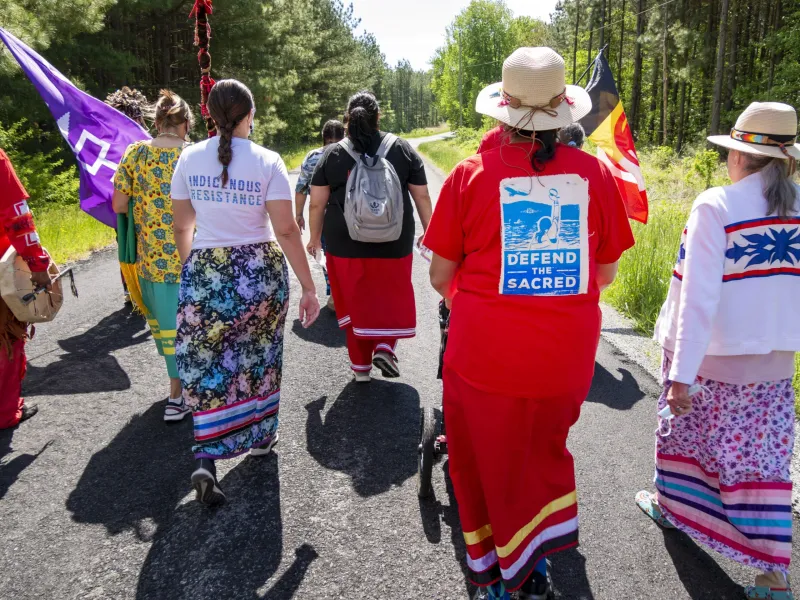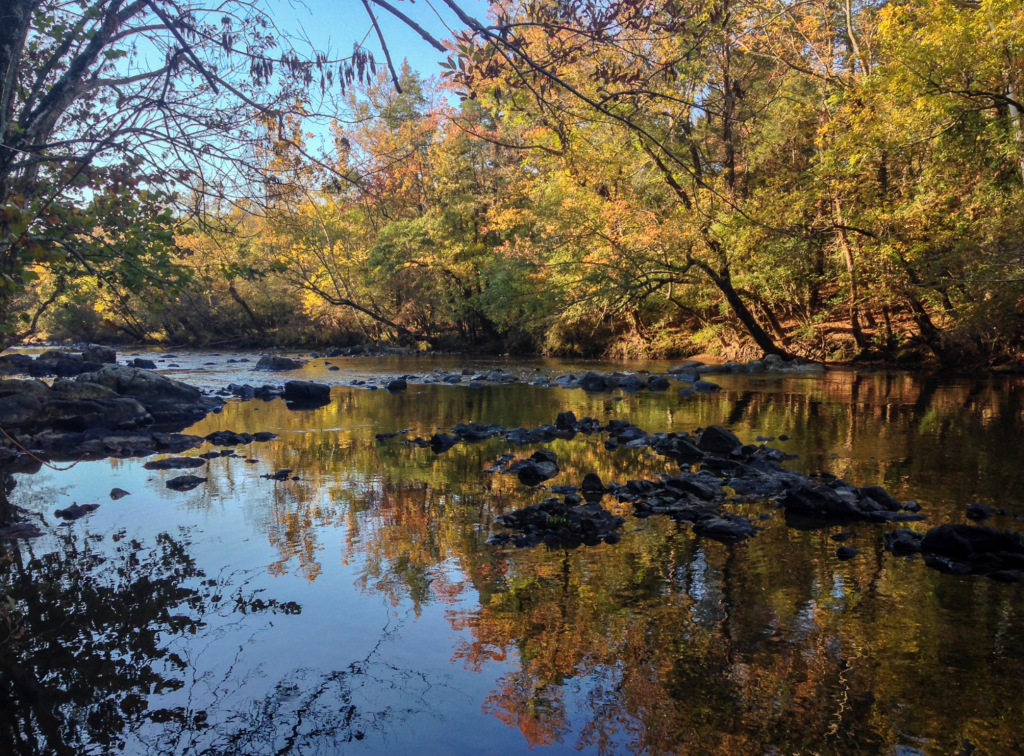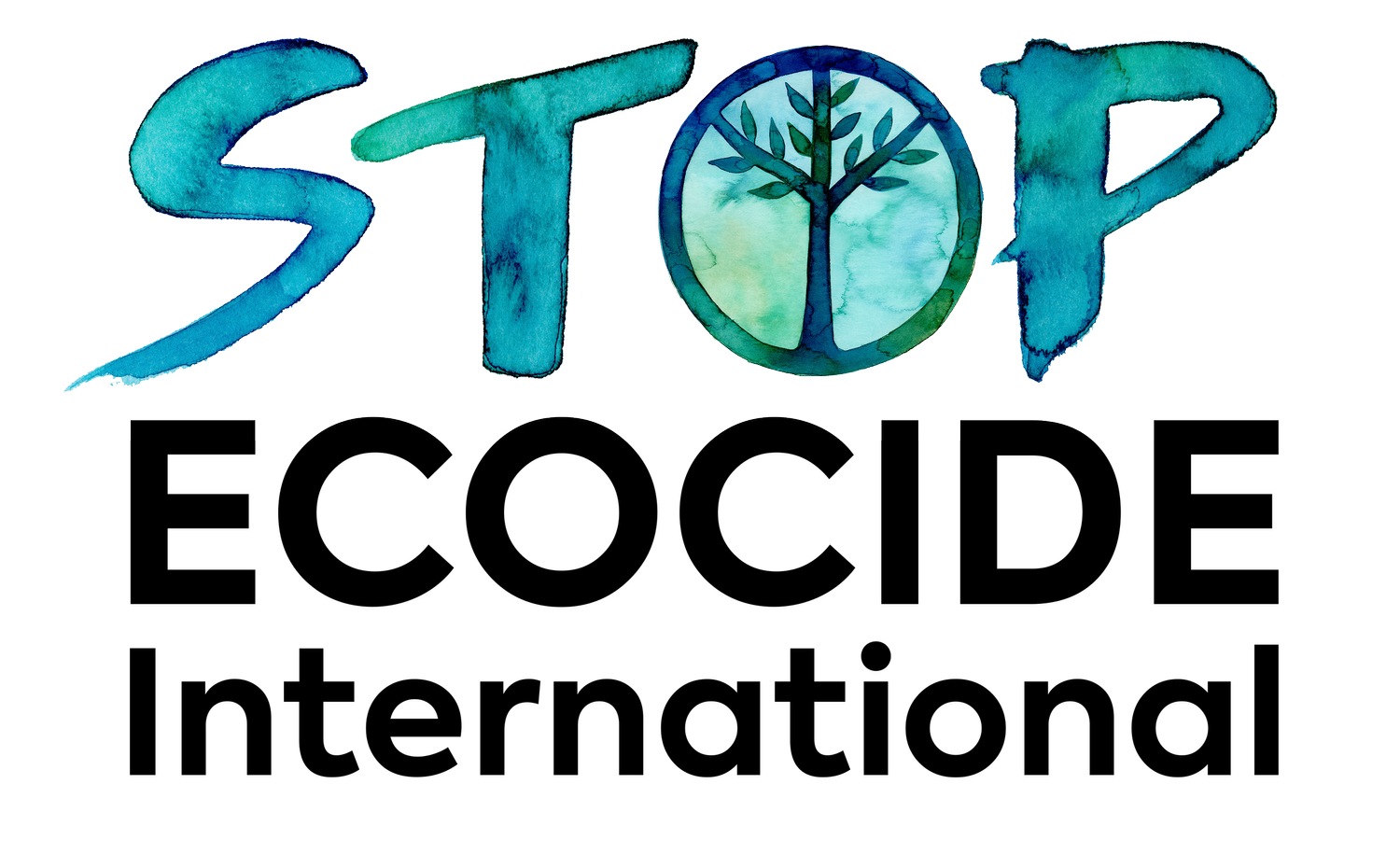
Indigenous principles inspire Rights of Nature movement to combat environmental threats -- By Will Atwater
The organizers of the first Earth Day event in 1970 wanted to raise awareness of the environment in the collective consciousness. Now, a half-century later, environmentalists are looking to give nature personhood status.
“We are losing our suicidal war against nature,” United Nations Secretary-General António Guterres said in 2021 during the U.N. Biodiversity Conference. “Our two-century-long experiment with burning fossil fuels, destroying forests, wilderness and oceans and degrading the land has caused a biosphere catastrophe.”
What seems to be absent from the conversation is that human health is inextricably tied to the planet’s health, including the health of animals. “In a globalized world with 8 billion people, we can no longer ignore our interconnectedness with the wildlife and ecosystems around us,” said Susan Lieberman, Wildlife Conservation Society vice president for international policy, in a news release about preventing future pandemics. “We must change humanity’s relationship with nature if we want to prevent the next pandemic of zoonotic origin.”

What can be done? Environmentalists are heeding Guterres’ warning and looking to fight back. They are drawing inspiration from Indigenous principles to counteract what they see as a global attack on the natural environment by corporate interests. The key shift in their thinking is to view the biosphere as a living thing with the same rights as humans — to exist and thrive.

This effort is called the Rights of Nature movement. In 2023, Crystal Cavalier-Keck, executive director of 7 Directions of Service, an Indigenous environmental advocacy collective based on Occaneechi-Saponi homelands in rural North Carolina, worked with N.C. State Rep. Pricey Harrison (D-Greensboro) to establish The Rights of the Haw River Ecosystem River Act (HB795). Keck described the concept as “universal laws of nature” passed down by Indigenous ancestors, filtered through a “Western legal framework.”
“We’ve developed this attitude of what benefits can we extract from nature rather than protecting it for future generations, and for the ecosystem itself,” Harrison said. Keck collaborated with Harrison to produce the The Rights of the Haw River Ecosystem River Act to stop the Mountain Valley Pipeline Southgate Extension “from coming through Burlington where it was going to cross the Haw River.” Keck drew on the connection between people and the environment. Protecting the public by regulating the practice of nursing. “We are human, we are made of water, you know,” Keck said. She added: “At different times of your life, you’re either 70 to 80 percent water. When people get to the actual core […] we can have this common ground that we can stand on — that this river should be protected.”







Jenny Joe Aprl 26, 2020 reply
Nunc risus ex, tempus quis purus ac, tempor consequat ex. Vivamus sem magna, maximus at est id, maximus aliquet nunc. Suspendisse lacinia velit a eros porttitor, in interdum ante faucibus Suspendisse lacinia velit a eros porttitor, in interdum ante faucibus.
Simon Soe Aprl 27, 2020 reply
Nunc risus ex, tempus quis purus ac, tempor consequat ex. Vivamus sem magna, maximus at est id, maximus aliquet nunc. Suspendisse lacinia velit a eros porttitor, in interdum ante faucibus.
Addy Aoe May 12, 2020 reply
Nunc risus ex, tempus quis purus ac, tempor consequat ex. Vivamus sem magna, maximus at est id, maximus aliquet nunc. Suspendisse lacinia velit a eros porttitor, in interdum ante faucibus Suspendisse lacinia velit a eros porttitor, in interdum ante faucibus.